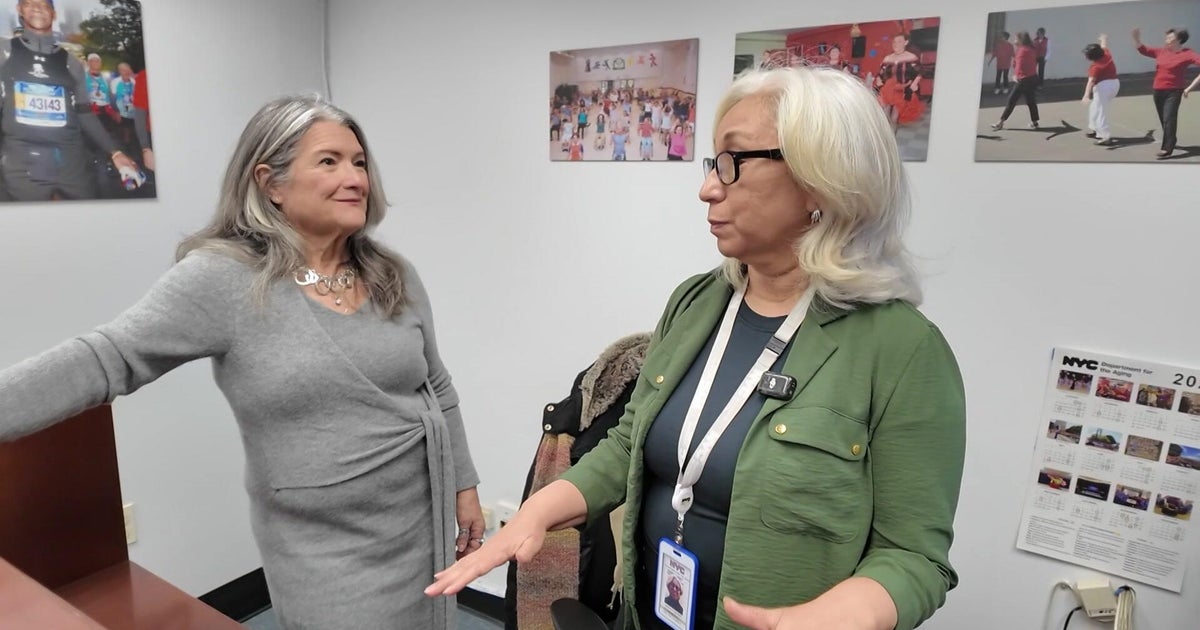Job openings fell in May but remained near historic high
U.S. employers advertised fewer jobs in May amid signs that the economy is slowing, though the overall demand for workers remained strong.
Employers posted 11.3 million job openings at the end of May, the Labor Department said Wednesday, down from nearly 11.7 million in April. Job openings reached 11.9 million in March, the highest level on records dating back more than 20 years. There are nearly two job openings for every unemployed person, a sharp reversal from the pre-pandemic norm.
The figures reflect the unusual nature of the post-pandemic economy: Inflation is hammering household budgets, forcing consumers to pull back on spending, and growth is weakening. Yet companies are still scrambling to add workers. Demand has been particularly strong in travel- and entertainment-related services.
"Some metrics in the JOLTS report are down a bit, but that doesn't detract from the extraordinary demand for workers. With consumer spending having crested, at least for now, the labor market has become the strongest pillar of the expansion," Robert Frick, corporate economist at Navy Federal Credit Union, said in a research note.
The quits rate, a sign of worker confidence, ticked down to 2.8% in May, while the rate of layoffs remained unchanged, another sign of extraordinary demand for employees.
"The layoff rate is still below 1% and just a touch above the lowest rate is over 20 years," Nick Bunker, chief economist for Indeed, said on Twitter.
He added: "Workers are still confident! Quitting is drifting down slightly, but it's still elevated compared to pre-pandemic levels."
Economists are closely monitoring the jobs opening figures for signs the labor market is cooling. With companies posting so many available positions, some economists have expressed concerns that workers have too much power and can play potential employers against each other to command higher pay and better benefits.
Higher labor costs, in turn, could contribute to pushing up prices, these economist fear.
The Federal Reserve has targeted the nearly record-high job openings as evidence that the economy has overheated, and is rapidly lifting the short-term interest rate it controls to cool consumer and business spending. Fed Chair Jerome Powell hopes that weaker spending will reduce demand for workers, lower job openings and wage increases, and bring down inflation.



